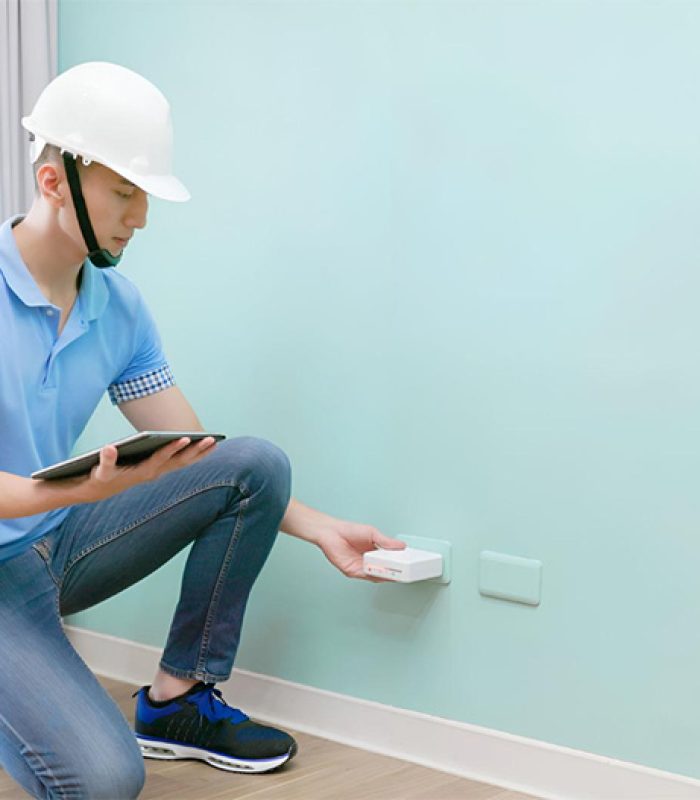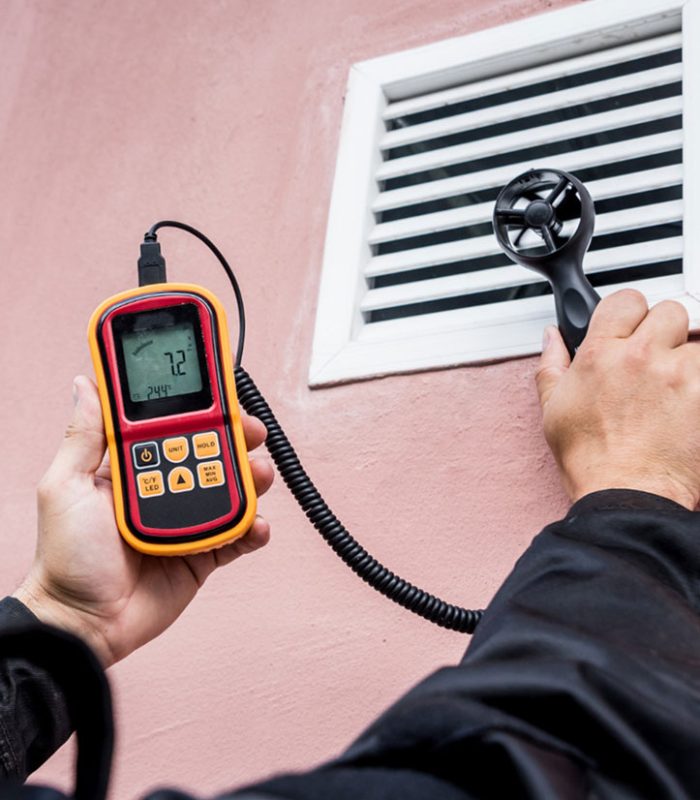Electrical Inspection
Electricity powers your home—but when systems go unchecked, it can pose serious risks. At BPHomes, we ensure your home’s electrical systems are safe, efficient, and compliant with national standards.
Our comprehensive electrical inspection covers all key aspects—panels, wiring, outlets, switches, lighting, and safety systems—so you can live confidently and securely.
Overview Service
Why Is Electrical Inspection Important?
- Prevent Shocks & Fires: Exposed wires, overloaded circuits, and faulty fixtures are leading causes of house fires and accidents.
- Meet Legal Standards: Ensure compliance with NEC, IEC, and IS codes, avoiding costly penalties during resale or renovations.
- Enhance Energy Efficiency: Identify outdated or power-draining systems to reduce your utility bills.
- Protect Appliances: Ensure safe wiring and stable power to prevent damage to devices and electronics.

Service Benefits
Benefits of Getting an Electrical Inspection
- Risk Detection: Identify hidden issues like frayed wiring, overheating panels, or loose connections.
- Safety First: Ensure GFCI protection in wet areas and test for proper grounding and polarity.
- Future-Proofing: Assess load capacity and recommend upgrades based on modern energy usage.
- Peace of Mind: Reduce the chances of sudden outages, sparks, or burning smells disrupting your day.
How We Conduct the Inspection
Our certified inspectors use:
Visual Checks for damage, labeling, and accessibility.
Advanced Tools like thermal scanners, polarity testers, and multimeters.
Load Testing on major circuits and outlets.
Smart Feature Reviews like Wi-Fi switches, cameras, and surge protectors (if installed).
We inspect every essential category including:
- Main electrical panel & breakers
- Light fixtures & ceiling fans
- Outlets, switches, GFCI safety
- Wiring condition & cable management
Kitchen and large appliance outlets
Outdoor & bathroom electrical safety
Smart home integrations (where applicable)
What People Say
Client Testimonials
As a builder, getting an independent inspection helped us catch issues we hadn’t noticed before handover. Our clients were impressed by the transparency.


Contact Us
Schedule Your Inspection Today
Secure your investment with a professional home inspection from BPHomes. Contact us to schedule an appointment and take the first step toward a confident home-buying experience.


FAQs
An electrical inspection ensures your home’s wiring, panels, and outlets are safe, compliant with electrical codes, and free from hazards like fire risks and power failures.
For safety, it’s recommended to inspect your home’s electrical system every 3-5 years or before buying/selling a property.
A frequently tripping breaker indicates overloading or a fault in wiring. Avoid using multiple high-power appliances on the same circuit and schedule an inspection.
Yes! Exposed wiring can lead to electrical shocks, short circuits, and fires. If you notice exposed wires, turn off the power and call a professional immediately.
Older panels might not handle modern electricity demands, causing overheating, breaker failures, and fire hazards. Upgrading your panel improves safety.
GFCI outlets are required in wet areas like kitchens, bathrooms, laundry rooms, and outdoor spaces to prevent shocks. If your home lacks them, it's time for an upgrade.
This could be due to loose wiring, overloaded circuits, or faulty fixtures. A professional inspection can pinpoint the issue.
Yes! Rodents chew through electrical wires, leading to power failures and fire hazards. If you see signs of rodent activity, check your wiring.
No! Extension cords are meant for temporary use. Permanent use can overload circuits and increase fire risks.
Some common warning signs include:
✔ Frequent breaker trips
✔ Flickering or dimming lights
✔ Burning smells or buzzing sounds
✔ Warm outlets or switch plates
This may indicate faulty grounding or a wiring issue. Stop using the appliance and get a professional inspection immediately.
Yes, water causes corrosion and short circuits in electrical systems, increasing electrocution risks.
Regular electrical inspections, proper grounding, replacing faulty wiring, and not overloading circuits can prevent electrical fires.
Press the "Test" button—the power should cut off. Then press "Reset" to restore power. If it doesn’t reset, the outlet may need replacement.
Typically, electrical wiring lasts 30-50 years, but inspections help detect issues early.
An arc fault occurs when electrical currents jump between wires, creating fire hazards. Installing Arc-Fault Circuit Interrupters (AFCIs) can help prevent fires.
A circuit breaker can be reset, while a fuse must be replaced after a fault.
While it’s possible, it’s safer to hire a professional electrician to ensure proper wiring.
Costs vary depending on home size and issues found, but a small investment ensures long-term safety.


